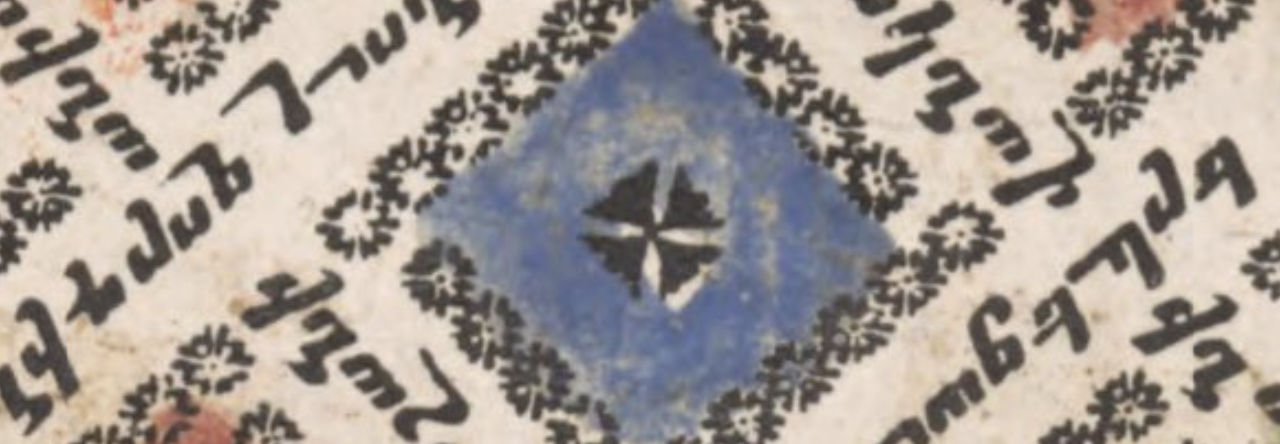 Dr. Bedross Der Matossian, Associate Professor of Modern Middle East History at the University of Nebraska-Lincoln will present a lecture at the Zohrab Information Center entitled, The Political Culture of the Young Turk Revolution of 1908: Space Symbolism, and Language on Thursday, May 5, 2106 at 7PM in the Guild Hall of the Armenian Diocese in New York.
Dr. Bedross Der Matossian, Associate Professor of Modern Middle East History at the University of Nebraska-Lincoln will present a lecture at the Zohrab Information Center entitled, The Political Culture of the Young Turk Revolution of 1908: Space Symbolism, and Language on Thursday, May 5, 2106 at 7PM in the Guild Hall of the Armenian Diocese in New York.
CLICK HERE to download a flyer.
The Young Turk Revolution of July 24, 1908 brought jubilation to Istanbul and other cities across the Ottoman Empire. Turks and other ethnic groups shared in the festivities that heralded the demise of the old regime and the inauguration of what was to have been a new and hopeful era. To build consensus among the various ethnic groups, the Young Turks introduced new social and political definitions, new symbols, and new rituals.
Professor Der Matossian will analyze the revolutionary rituals of these festivities from the perspective of space, symbolism and language as he explores the Young Turks’ attempts to create a new civil religion that would provide solidarity and emphasize oneness rather than distinction.
 Born and raised in Jerusalem, Dr. Der Matossian is a graduate of the Hebrew University of Jerusalem, where he began his graduate studies. He completed his PhD in Middle East History at Columbia University in 2008. His areas of interest include ethnic politics in the Middle East, inter-ethnic violence in the Ottoman Empire, Palestinian history, and the history of the Armenian Genocide.
Born and raised in Jerusalem, Dr. Der Matossian is a graduate of the Hebrew University of Jerusalem, where he began his graduate studies. He completed his PhD in Middle East History at Columbia University in 2008. His areas of interest include ethnic politics in the Middle East, inter-ethnic violence in the Ottoman Empire, Palestinian history, and the history of the Armenian Genocide.
He has taught at the Massachusetts Institute of Technology and the University of Chicago. The recipient of numerous fellowships and awards, he is the author of dozens of published articles and digital projects. His book, Shattered Dreams of Revolution: From Liberty to Violence in the Late Ottoman Empire, was published by Stanford University Press in 2014.
The lecture is free and open to the public. A reception will follow. For further information contact the Zohrab Information Center at zohrabcenter@armeniandiocese.org or (212) 686-0710.
